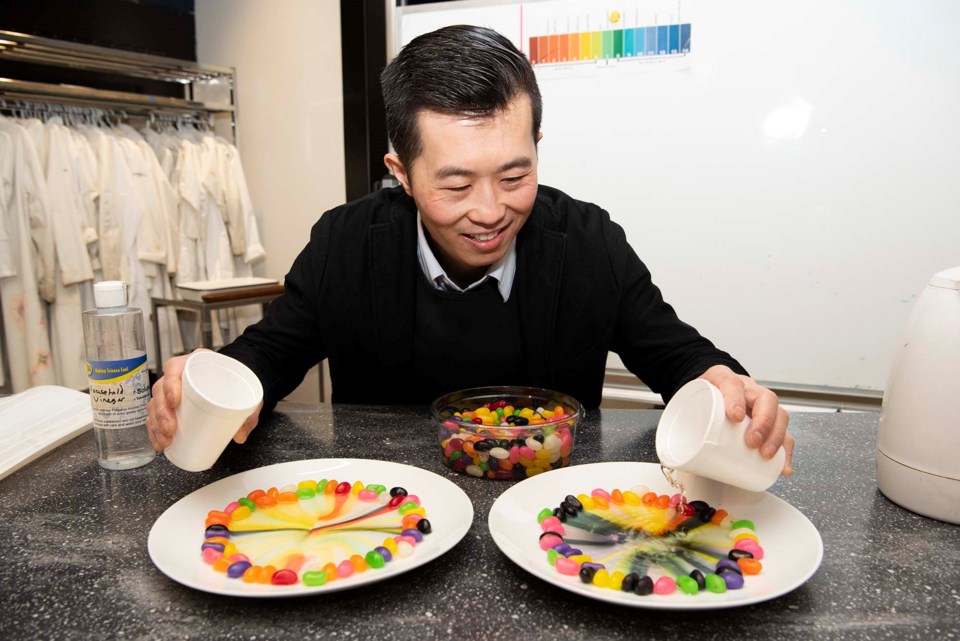St. Albert and Sturgeon County-area teachers will learn about food chemistry and artificial intelligence next week as they train up at their first in-person teachers’ convention in two years.
Some 6,300 teachers from 18 school boards in the greater Edmonton region will be in Edmonton Feb. 9-10 for the 2023 North Central Teachers Convention Association teachers’ convention. St. Albert and Sturgeon County-area students will have those days off.
This was the first time since 2020 that this convention has happened in person, said NCTCA president and Sister Alphonse Academy teacher Carryl Bennett — the last two conventions were held online due to the pandemic.
“It definitely is exciting to be back in person.”
Many sessions at this year's convention address student mental health and learning losses related to the pandemic, Bennett said. Also on tap were sessions on using escape rooms, food literacy, gory stage makeup, and other techniques to liven up the classroom, as well as keynote addresses from former Truth and Reconciliation Commission member Wilton Littlechild and Peace by Chocolate CEO Tareq Hadhad.
Chemistry and AI
Paul Kane Chemistry teacher Michael Ng was running two sessions at the conference to show teachers how they could use science wizardry to liven up their lessons.
Cooking was chemistry, so Ng said one of his sessions would be about science you could do with food. He planned to show how teachers could extract iron from cereal, for example, and create Valentine’s Day bath bombs with baking soda and citric acid.
“Science is involved in everyday activities,” he said, and demonstrations such as these encourage students to make scientific inquiries and have fun in class.
New to Ng’s show this year was a hot-dog battery demonstration. Like a potato battery, the hot-dog battery has metal cathodes and anodes react with acids in food, freeing up electrons to flow as electricity.
“You need something that is a good electrolyte, and the weenie does it,” Ng said.
Bev Facey Community High School teacher David Hay was running a session on the potential impacts of artificial intelligence on education at the conference.
AI systems have taken off in the last two years with the introduction of Stable Diffusion and ChatGPT — programs which can generate images and writing from text prompts, Hay said.
“You can literally type in, ‘Write a five-paragraph essay comparing Macbeth to Hamlet in the style of a Grade 10 student,’ and it will generate exactly that,” he said of ChatGPT.
“How in education and how in society do we deal with this kind of thing?”
Hay said bringing AI tools into the classroom would require significant changes to the way teachers teach, similar to how the introduction of calculators changed Math lessons. Some teachers have called for these tools to be banned and for students to use only pen and paper when writing essays. Others think students should be allowed to use AI text generators for first drafts, and that AI tools could let students focus on more advanced critical thinking skills.
“Maybe (AI tools) will just make society dumber?” Hay continued.
Bennett said some teachers have used tools such as ChatGPT to show students the limitations of AI by having them spot grammatical and factual errors in the texts it produces.
“It might be a good start, but it definitely isn’t a way to have access to an amazing paper.”
While Hay said he was optimistic about AI’s potential for education, he said legislators needed to look ahead at the potential job losses and other massive changes AI systems could bring to the world.
“There are a lot of big decisions that need to be made as we move forward into this AI-enabled future.”
Visit www.mynctca.com for details on the convention.




